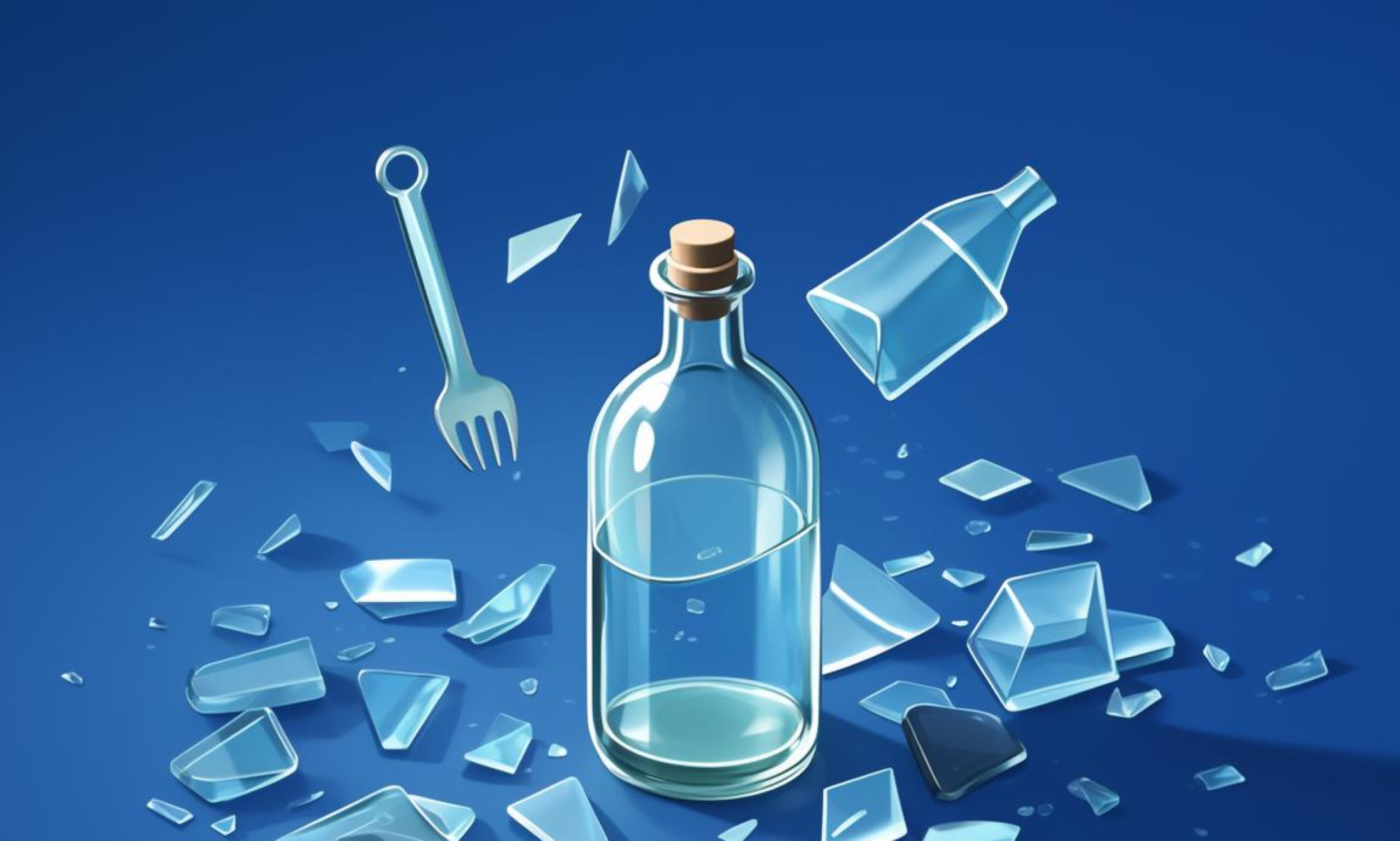ODM vs OEM Partnerships: Pros and Cons for Bulk Glass Jar Manufacturing
Understanding ODM and OEM Partnerships
In the manufacturing industry, Original Equipment Manufacturer (ODM) and Original Design Manufacturer (OEM) partnerships are two of the most common ways to produce goods. For those looking to manufacture bulk glass jars, understanding the differences between ODM and OEM partnerships is crucial to making informed decisions. This article explores the pros and cons of each model to help you determine which one aligns best with your business goals.
Pros of ODM Partnerships
1. **Lower Initial Investment**: ODM partnerships typically require less upfront investment compared to OEM agreements. With ODM, manufacturers pay for the production of finished products, which can be more cost-effective for small to medium-sized businesses.
2. **Faster Production Cycles**: ODM partners often have existing tools and processes, allowing for quicker production times. This is especially beneficial for businesses that need to meet tight deadlines or respond to market demands rapidly.
3. **Focus on Core Competencies**: By partnering with an ODM, manufacturers can focus on their core competencies, such as marketing, sales, and customer service, while relying on the ODM to handle production.
4. **Strong Supply Chain Management**: ODM providers often have established suppliers and can ensure a stable supply chain, reducing the risk of delays or shortages.
Cons of ODM Partnerships
1. **Limited Customization**: ODM partnerships usually offer limited customization options, which may not be ideal for businesses with unique or specific requirements for their glass jars.
2. **Quality Control Issues**: Since ODMs may have multiple clients, there is a risk of quality control issues, especially if the manufacturer prioritizes other orders over yours.
Pros of OEM Partnerships
1. **Higher Flexibility**: OEM partnerships allow for greater customization and flexibility. Manufacturers can work closely with the OEM to create products that meet their specific needs, such as unique shapes, sizes, or features for bulk glass jars.
2. **Strong Innovation Support**: OEMs often invest in R&D, which can lead to more advanced manufacturing techniques and innovative products.
3. **Long-Term Relationships**: OEM partnerships are often long-term, allowing for better alignment of goals and shared resources.
4. **Higher Control**: With an OEM partner, manufacturers have more control over the design, production, and quality of their products.
Cons of OEM Partnerships
1. **Higher Costs**: OEM partnerships typically require a higher upfront investment due to the customization and design work involved.
2. **Longer Production Cycles**: Custom designs and tooling often lead to longer production times, which can delay product launches.
3. **Greater Risk**: OEM partnerships can carry more risk, as the manufacturer is fully responsible for the production and quality of the product.
When to Choose ODM vs OEM for Bulk Glass Jar Manufacturing
Choosing between ODM and OEM depends on your business’s specific needs. If you need cost-effective, standard products with a focus on speed, ODM may be the better option. On the other hand, if you prioritize customization, innovation, and quality, an OEM partnership might be more suitable.
How to Overcome Challenges in Both Partnerships
Regardless of whether you choose ODM or OEM, it’s essential to establish clear communication and expectations from the outset. Here are some tips for managing both types of partnerships effectively:
- Define Roles and Responsibilities: Ensure that both parties understand their roles and responsibilities to avoid misunderstandings and conflicts down the line.
- Regular Communication: Maintain regular communication to address any issues and ensure that the partnership is moving in the right direction.
- Set Milestones: Set clear milestones and deadlines to track progress and ensure timely delivery.
- Foster Mutual Respect: Treat your ODM or OEM partner as a valuable extension of your team and foster mutual respect to build a successful partnership.
Conclusion
ODM and OEM partnerships each have their own set of advantages and disadvantages, and the choice between them depends on your business’s specific requirements. For bulk glass jar manufacturing, both models can be effective, but it’s crucial to carefully evaluate your needs and align them with the right partnership type. By doing so, you can achieve your production goals while minimizing potential challenges. Remember, the key to a successful partnership is clear communication, mutual respect, and shared focus on quality and innovation.
